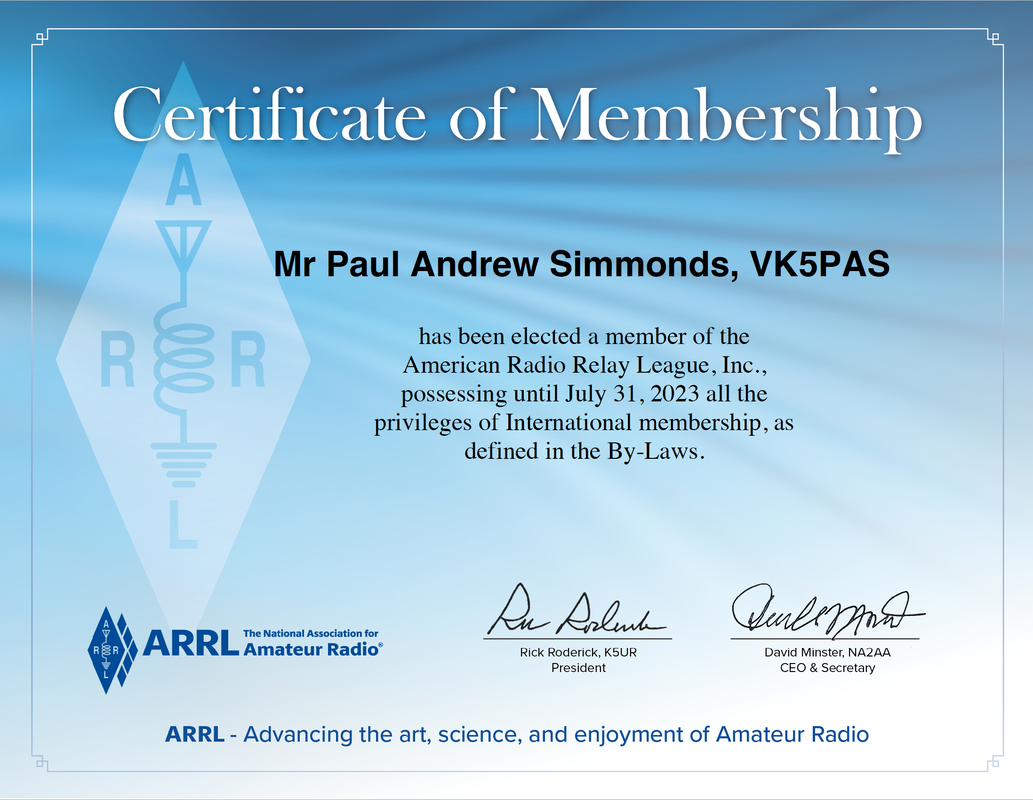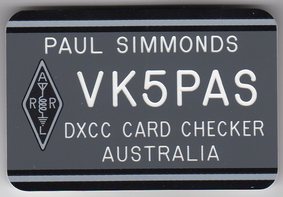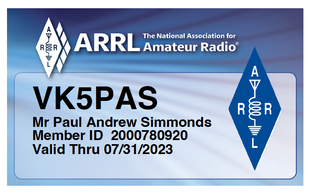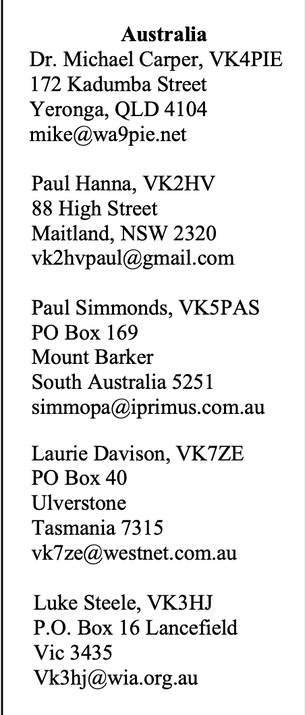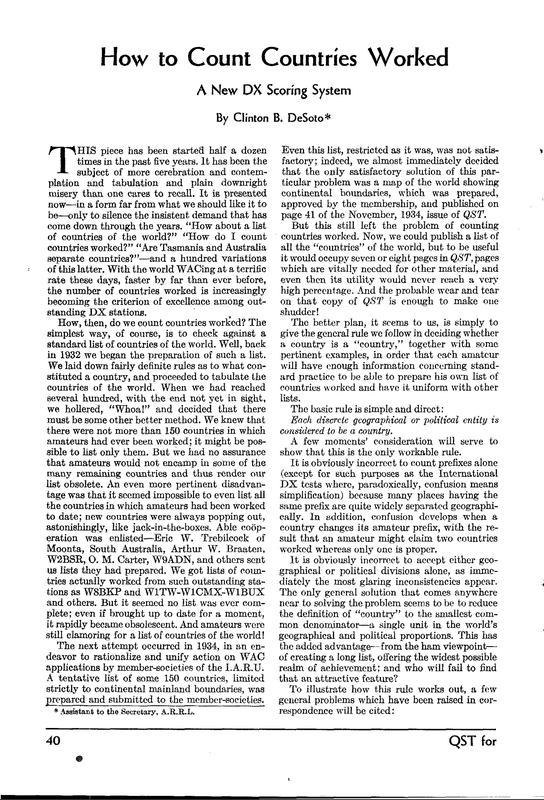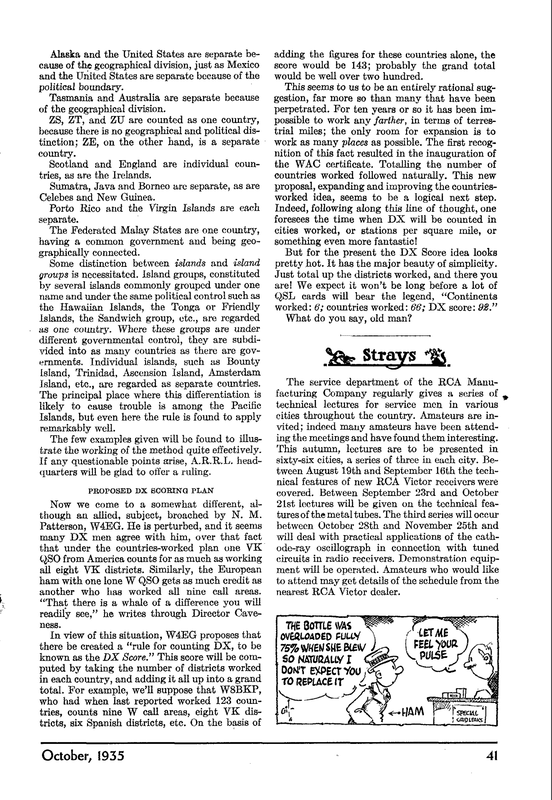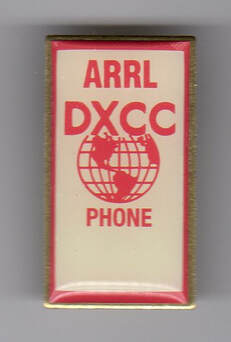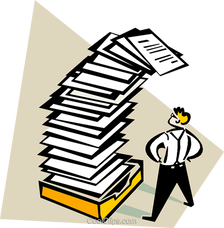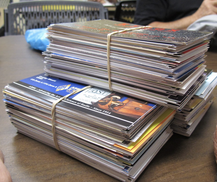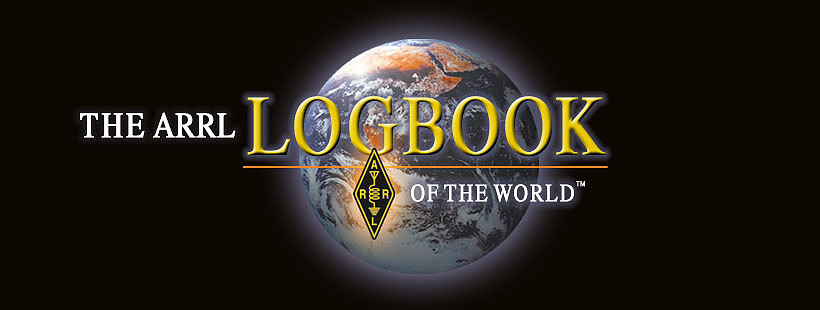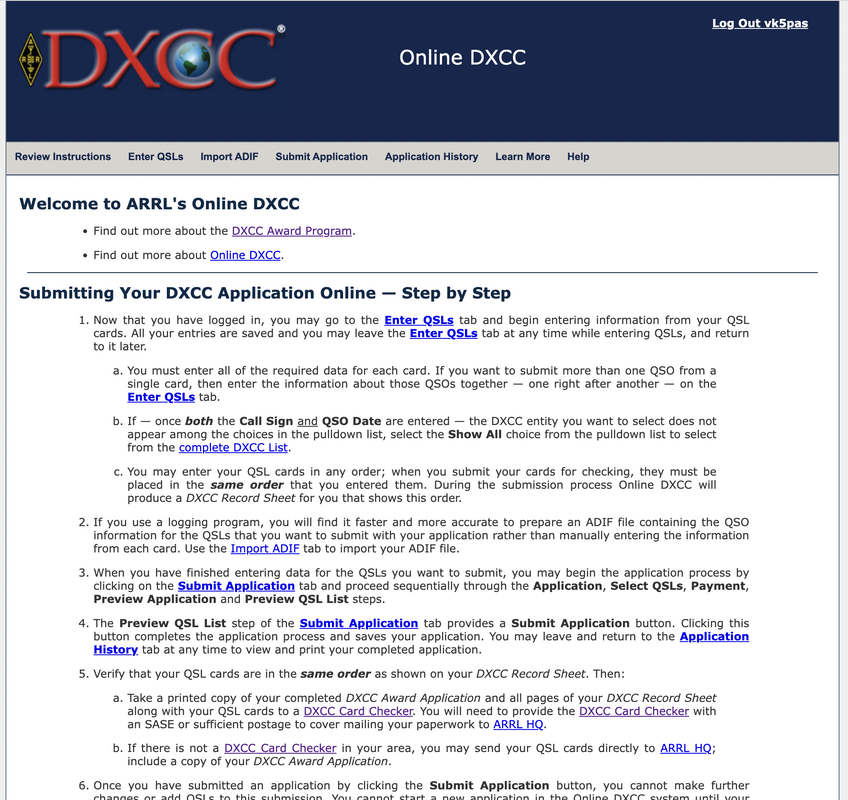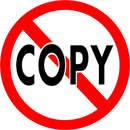DXCC QSL CARD CHECKING.
I am a member of the American Radio Relay League (ARRL) and I am a appointed Card Checker for the ARRL DX Century Club (DXCC) Award.
I became an ARRL DXCC Card Checker in 2013.
I became an ARRL DXCC Card Checker in 2013.
I am one of only 5 ARRL DXCC Card Checkers in Australia.
The other Card Checkers in Australia being Michael VK4PIE, Paul VK2HV, Laurie VK7ZE, and Luke VK3HJ.
The other Card Checkers in Australia being Michael VK4PIE, Paul VK2HV, Laurie VK7ZE, and Luke VK3HJ.
I can also check cards for other ARRL awards such as Worked All States (WAS); VHF/UHF Century Club (VUCC), & Worked All Continents (WAC).
Please thoroughly read the ARRL DXCC instructional pages on the ARRL website and then send me an e-mail should you desire to have QSL cards checked.
[email protected]
Also, please read the information below.
You will need to ensure that the appropriate paperwork is completed (and signed). Please review your paperwork for any errors.
I will also need sufficient return postage to return your cards and send the application to the USA.
Please thoroughly read the ARRL DXCC instructional pages on the ARRL website and then send me an e-mail should you desire to have QSL cards checked.
[email protected]
Also, please read the information below.
You will need to ensure that the appropriate paperwork is completed (and signed). Please review your paperwork for any errors.
I will also need sufficient return postage to return your cards and send the application to the USA.
Also ensure that your cards are wrapped appropriately. I have received a few envelopes which have been torn and the cards damaged.
You may want to consider sending your QSL cards via registered post.
You may want to consider sending your QSL cards via registered post.
All about DXCC
What is DXCC ?
DXCC is Amateur Radio's premier award that hams can earn by confirming on the air contacts with 100 countries. You can begin with the basic DXCC award and work your way up to the DXCC Honour Roll.
There are 20 separate DXCC award certificates available, as well as 4 DXCC plaques
There are 20 separate DXCC award certificates available, as well as 4 DXCC plaques
This is a really quick snapshot of the ARRL DXCC program.
For full details, please refer to the ARRL's website at.....
http://www.arrl.org/dxcc-award-information
For full details, please refer to the ARRL's website at.....
http://www.arrl.org/dxcc-award-information
History of DXCC
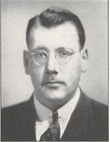
The DXCC list is based on Clinton B. DeSoto's, W1CBD article 'How to Count Countries Worked, A New DX Scoring System', which appeared in an article in the October 1935 QST magazine.
DeSoto stated:
'The basic rule is simple and direct: Each discrete geographical or political entity is considered to be a country'.
DeSoto's rule has remained in place to this day since the publication of the original list in 1937.
DeSoto never intended that all 'DXCC 'countries' would be countries in the traditional, or dictionary, meaning of the word. Rather, they are the distinct geographic and political entities which DXers seek to contact.
DeSoto stated:
'The basic rule is simple and direct: Each discrete geographical or political entity is considered to be a country'.
DeSoto's rule has remained in place to this day since the publication of the original list in 1937.
DeSoto never intended that all 'DXCC 'countries' would be countries in the traditional, or dictionary, meaning of the word. Rather, they are the distinct geographic and political entities which DXers seek to contact.
DXCC activity was interrupted by World War II. In 1947 the program started anew. Contacts are valid from 15th November 1945, which was the date that US amateurs were authorised by the FCC to return to the air.
Rules.
A full set of ARRL DXCC rules can be downloaded below.
| dxcc_rules_no_links.pdf | |
| File Size: | 50 kb |
| File Type: | |
Questions ?
Do I need to be an ARRL member ?
ARRL membership is not required for foreign applicants of the DXCC program.
Where to start?
Mixed is a general award which allows an amateur to get into the DXCC program even though they do not have 100 entities on any single mode. Upon qualification, after achieving Mixed DXCC, amateurs can apply for other modes they achieve upon reaching 100, or more.
Bands and Modes ?
Certificates are available for the folowing bands:
160 Meters 20 Meters 10 Meters
80 Meters 17 Meters 6 Meters
40 Meters 15 Meters 2 Meters
30 Meters 12 Meters 70 Centimeters
Certificates are available for the following modes:
160 Meters 20 Meters 10 Meters
80 Meters 17 Meters 6 Meters
40 Meters 15 Meters 2 Meters
30 Meters 12 Meters 70 Centimeters
Certificates are available for the following modes:
- Mixed
- Phone (Includes USB, LSB AM, FM and other voice communication modes. SSTV mode also counts towards Phone DXCC.)
- CW (QSOs must be dated January 1, 1975, or after. CW prior to this date counts towards Mixed only.)
- Digital (Currently, all other digital modes count towards Digital in DXCC)
- Satellite (QSOs for Satellite do not count towards any other Band or Mode award. Satellite is a unique award in itself. Also, there is no Honor Roll for Satellite mode).
How to apply for DXCC ?
There are three (3) ways to apply for a DXCC award.
Applications for DXCC can either be made via:-
The hybrid application submission (paper cards combined with Logbook of the World) has been discontinued. Each submission is now a separate application with separate fees for each one.
Applications for DXCC can either be made via:-
- Traditional paper cards (submitted to ARRL or approved card checker); or
- LogBook of the World (LOTW)
- Online DXCC Application.
The hybrid application submission (paper cards combined with Logbook of the World) has been discontinued. Each submission is now a separate application with separate fees for each one.
Traditional paper application instructions.
If you do not use LogBook of the World (LOTW) or the new Online DXCC application system you are still welcome to use the old traditional paper application procedure. Two forms are required with each submission:
- Application form
- Record sheet
When filling out the application form be sure to read it thoroughly and fill in all places where it asks for information.
Your cards MUST be sorted in the following order:
Your cards MUST be sorted in the following order:
- Band
- Mode within each band
- Cards with more than one QSO (multiples) keep together at the end.
Once sorted, list the cards on the record sheet in exactly the same order in which they were sorted.
Once you have sorted the cards, print the record sheet and begin logging them. Check your entires very carefully to make sure the information you transferred from the card to the record sheet is 100% accurate.
Please ensure that you use the most up to date forms which can be downloaded from the ARRL website at.....
http://www.arrl.org/dxcc-forms
Please ensure that you use the most up to date forms which can be downloaded from the ARRL website at.....
http://www.arrl.org/dxcc-forms
What is Logbook of the World (LOTW) ?
LoTW is a secure, central repository of logs from ham operators around the world. One of the main features is it will allow DXCC program participants (and not VUCC and WAS) to claim credit without the need for having a QSL card in hand.
It is the fastest way to confirm QSOs and apply for DXCC awards.
It is the fastest way to confirm QSOs and apply for DXCC awards.
For a tutorial on how to apply for LOTW QSOs towards your DXCC awards, please see the file below.
| dxcc_application_20120402_1_.pdf | |
| File Size: | 337 kb |
| File Type: | |
Online DXCC application.
Online DXCC provides an alternative to filling out and submitting the paper DXCC Application Form and Record Sheet by hand.
You can use this system to apply for a new DXCC award or endorsement.
Submitting your DXCC application using Online DXCC is easier than making a paper application. It will also save you time and money.
You can use this system to apply for a new DXCC award or endorsement.
Submitting your DXCC application using Online DXCC is easier than making a paper application. It will also save you time and money.
Is there a limit on the amount of QSL cards that a DXCC card checker will check?
At hamfests and conventions, there is a limit, with the maximum number of cards being 120.
There is no maximum limit when applicants bring or mail QSL cards to their local card checker.
There is no maximum limit when applicants bring or mail QSL cards to their local card checker.
DXCC Award Fees
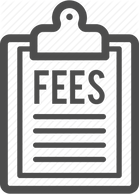
The DXCC Award fees can be found on the ARRL website at.......
http://www.arrl.org/dxcc-awards-fees
Can I send copies of my cards?
NO.
Only original cards are accepted.
Emails, scanned copies, photocopies, etc are NOT accepted.
Only original cards are accepted.
Emails, scanned copies, photocopies, etc are NOT accepted.
Do electronic QSL's count ?
The ARRL's current policy pertaining to e-QSLs is found in DXCC rule 2
"...Photocopies and electronically transmitted confirmations (including, but not limited to fax and e-mail) are not currently acceptable for DXCC purposes. Exception: Confirmations created and delivered by ARRL’s Logbook of the World program are acceptable for DXCC credit.
Currently, the only electronic confirmations that are acceptable for DXCC credit are Logbook of the World (LOTW) QSLs.
Do repeater contacts count?
No.
Contacts made through repeater devices or any other power relay methods (other than satellites for Satellite DXCC) are invalid for DXCC credit.
Contacts made through repeater devices or any other power relay methods (other than satellites for Satellite DXCC) are invalid for DXCC credit.
Do contacts with ships and planes count?
All station contacts must be 'land' stations'. Contacts with shops and boats, anchored or underway, and airborne aircraft, cannot be counted.
Permantly docked exhibition ships and other historic shops will be considered land based.
Permantly docked exhibition ships and other historic shops will be considered land based.
LOTW credits & paper QSL cards ?
Paper QSL cards may not be combined with LoTW applications.
All QSLs, whether confirmed in LoTW or with paper QSL card are eligible for your DXCC award however the application processes are separate.
All QSLs, whether confirmed in LoTW or with paper QSL card are eligible for your DXCC award however the application processes are separate.
'Home made' or adapted forms will NOT be accepted.
Please provide sufficient postage for me

Please provide sufficient postage for me when you mail your QSL cards and documents.
I need to mail documents off to the USA. They are not mailed back to you. I send the documentation to the ARRL in the USA.
I also need to mail your cards back. Insufficient postage costs will only delay your DXCC application.
It is the applicant's responsibility to get QSL cards to and from the DXCC Card Checker.
I need to mail documents off to the USA. They are not mailed back to you. I send the documentation to the ARRL in the USA.
I also need to mail your cards back. Insufficient postage costs will only delay your DXCC application.
It is the applicant's responsibility to get QSL cards to and from the DXCC Card Checker.
How do you track your progress?
You will be able to view DXCC applications received on the ARRL website at.....
http://www.arrl.org/dxcc-applications-received
http://www.arrl.org/dxcc-applications-received
What can't I check ?
Cards for 160 meters and deleted entities must be submitted to ARRL HQ.
Have a question?
Most information can be found within the FAQs page on the ARRL website and also in the rules section on the DXCC web page.
If you have general questions about the DXCC Program and cannot find the answer on the website, or need further clarification about the specific concern, you may contact the ARRL via:
[email protected]
If you have general questions about the DXCC Program and cannot find the answer on the website, or need further clarification about the specific concern, you may contact the ARRL via:
[email protected]
Want to become a DXCC card checker ?
Should you wish to become a recognised DXCC card checker for the ARRL, please see the document below. In summary you need:
- need to be an ARRL member
- must have a DXCC award endorsed for at least 150 entities
- must be nominated by ARRL Section Manager of ARRL affiliated DX Club (personally known) or ARRL Division Director
| arrl_dxcc_card_checker_nomination_and_eligibility_rules.pdf | |
| File Size: | 15 kb |
| File Type: | |
Amateurs for whom I've checked cards for DXCC
- Craig KB2KDP
- Bill VK1MCW
- Matt VK2DAG
- Wal VK2WP
- Graham VK3GA
- Wayne VK4WDM
- John VK4ZJB
- Craig VK5CE
- Wayne VK5APN
- Peter VK5PJ
- Hank VK5XB
- Lance VK6DU
- Steve VK7CW
- Mark VK8MS
- Stuart VK8NSB
